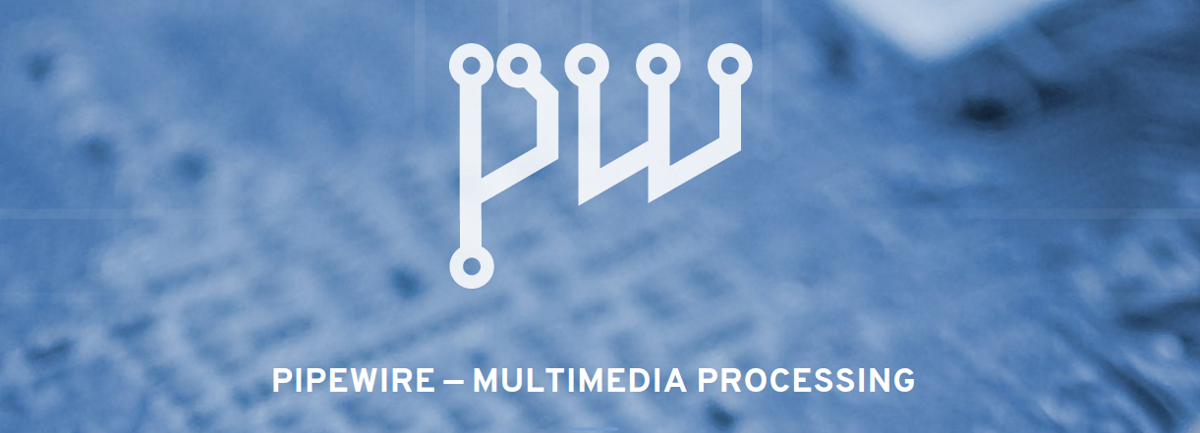
The new version of PipeWire 0.3.3 that it develops has just been released a new generation multimedia server, which will replace PulseAudio. PipeWire expands the capabilities of PulseAudio with streaming video, low latency audio processing, and a new security model for streaming and device access control.
PipeWire expands the reach of PulseAudio by processing any media stream and it is capable of mixing and redirecting streams with video. PipeWire also provides the ability to control video sources such as video capture devices, webcams, or screen output from applications.
Pipe Wire can also act as a low latency sound server with functionality that combines the capabilities of PulseAudio and JACK, even for the needs of professional sound processing systems that PulseAudio couldn't claim.
In addition, PipeWire offers an improved security model It enables device-specific and stream-specific access control and facilitates routing of audio and video to and from isolated containers. One of the main goals is to support stand-alone applications in Flatpak format and work on the Wayland-based graphics stack.
PipeWire 0.3.35 Key New Features
In this new version that is presented of PipeWire 0.3.35 we can find that added support for S / PDIF protocol forwarding (something quite essential nowadays), which is responsible for the transmission of digital audio through optical connectors and HDMI.
Another novelty that stands out is the work done in the application Skype for Linux by adding a link that forces the use of the S16 format when transferring information about audio input and output devices. This change resolved an issue that caused the subscriber to not output audio on the other end of the connection.
Moreover added a new interface to load modules, this allows plugins to use this interface to send a request to download spa plugins, plus the size of the parameter buffer has been increased, which previously could not accommodate all the properties of nodes with a large number of channels.
Of the other changes that stand out from this new version of PipeWire 0.3.3:
- Documentation has been updated
- Codecs for Bluetooth are placed in separate plugins that are dynamically loaded.
- A number of important fixes related to MIDI compatibility.
- The number of audio formats available for mixing has been expanded.
- Provided driver activation by installing loopback connections.
- The server has implemented the device restore extension, which allows you to configure the codecs
- IEC958 (S / PDIF) compatible with the audio output device through the pavucontrol utility.
- The convolver plugin in filter-chain has been optimized a bit more.
- Echo cancellation sequence properties improved
- Improved compatibility of catia and carla by caching objects
- JACK ports now correctly report format
Finally if you are interested in knowing more about it, you can check the details In the following link.
How to install PipeWire on Ubuntu and derivatives?
For those who are interested in installing PipeWire on their systems, they should know that it is included within the Ubuntu repositories, but at the moment only version 0.2.7 and version are available this new version has not yet been included, so they would have to wait a few days for this to happen.
Installation through the repositories is with the following command:
sudo apt install pipewire
While, for those who prefer to install this new version now, they will have to compile the code in your system
For this we must download it with:
git clone https://github.com/PipeWire/pipewire.git
And we proceed to compile and install with:
./autogen.sh --prefix=$PREFIX make make install
You can test PipeWire with the following command:
make run
Finally, you can consult the documentation and other information at the following link.